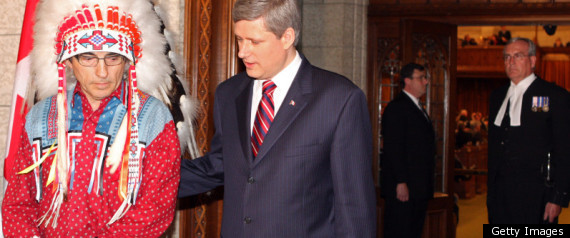 PRINCE ALBERT, Sask. - One of the commissioners hearing the stories of residential school survivors says the information will be preserved to ensure it is never forgotten.
PRINCE ALBERT, Sask. - One of the commissioners hearing the stories of residential school survivors says the information will be preserved to ensure it is never forgotten.Marie Wilson says part of the Truth and Reconciliation Commission's mandate is to establish a national research centre to contain all that is known about the dark period in Canadian history.
The federal commission started its hearings Tuesday in Prince Albert, Sask.
Art Fourstar described how an RCMP officer and school supervisor forced their way into his house while he was playing on the floor and his mother was making bannock.
He says the officer held his mother back while he was grabbed by a supervisor and thrown into the car.
Fourstar, who was just four years old, tried to escape, but was tied down and later beaten before being driven to a school in Byrtle, Man.
"Going from home from my mother to residential school, it was like going from daylight to darkness, from love to hatred."
Fourstar says he was physically, sexually and emotionally abused during his time at residential school and had no identity when he got out.
He said he didn't see his home again for five years.
The first government-funded, church-run residential schools opened in the 1870s. The last one closed outside Regina in 1996.
The commission was created in 2007 under the Indian Residential Schools Settlement Agreement reached between the federal government, aboriginal groups and former students.
Former students are also eligible for compensation under the court-approved agreement.
The commission, which consists of Justice Murray Sinclair and fellow panellists Wilson and Wilton Littlechild, has held national events in Winnipeg, Inuvik, N.W.T., and Halifax since June 2010.
It is holding 12 hearings in Saskatchewan, ending with a national event in Saskatoon in June.
Original Article
Source: Huff
Author: The Canadian Press
No comments:
Post a Comment